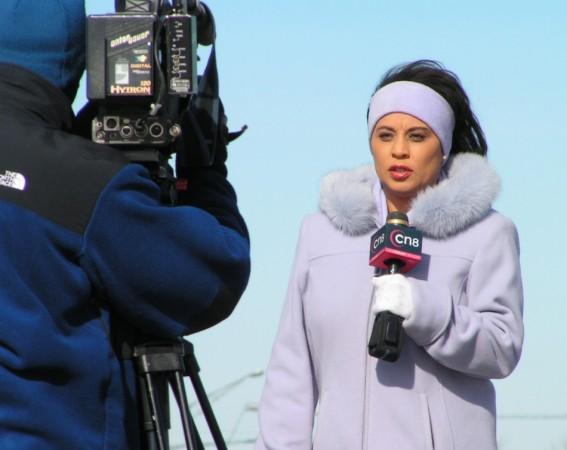
World Press Freedom Day is observed annually on 3 May to remind countries and people all around the world, that freedom of the press and freedom of speech and expression are fundamental human rights.
This day is often held to remember many journalists who have died or faced jail in order to bring news to the public.
In Observance of the World Press Freedom Day 2014, here are the most important facts that we must take note of.
1. The World Press Freedom Day was established by the General Assembly of the United Nations in December 1993 as an outgrowth of the 'Windhoek Declaration' adopted in 1991 in Namibia for promoting independent and pluralistic African Press.
2. The World Press Freedom Day is celebrated on 3 May, the date on which the Windhoek Declaration was adopted which emphasized the need of a free press for developing and maintaining democracy and for economic development.
3. Article 19 of the 1948 Universal Declaration on Human Rights (considered as an important stepping stone to the freedom of press) states that everyone "has the right to freedom of opinion and expression, this right includes freedom to hold opinions without interference and to see, receive and impart information and ideas through any media and regardless of frontiers."
4. Every year the UNESCO/Guillermo Cano World Press Freedom Prize is awarded to different journalist or individuals, especially those who have risked their lives in promotion of the freedom of expression. The 2014 winner of the prize was the Turkish instigative journalist Ahmet Sik, who was reportedly arrested in 2011 on charges of being linked to an alleged terrorist organization.
5. According to the Press Emblem Campaign (PEC), 35 journalists have been killed in 2014 so far. And in 2013 70 journalists were killed, while the year 2012 saw one of the highest numbers of such deaths with 141 journalists reported dead.
6. According to the Committee to Protect Journalists, the five 'deadliest' countries for journalists are Syria, Iraq, Egypt, Pakistan and Somalia. India is in 6th place.
7. In 2011-2012, the countries where press was the most free were Finland, Norway and Germany, followed by Estonia, Netherlands, Austria, Iceland, and Luxembourg.
8. The country with the least degree of press freedom was Eritrea, followed by North Korea, Turkmenistan, Syria, Iran and China.
9. According to Reporters Without Borders, more than a third of the world's population live in countries where there is no press freedom or where there is no system of democracy or where there are serious deficiencies in the democratic process.
10. Regions closed to foreign reporters include Chechnya, Russia; Ogaden, Ethiopia; Jammu & Kashmir, India; Waziristan, Pakistan; Agadez, Niger; North Korea and Syria.
(Ed: AJ)









